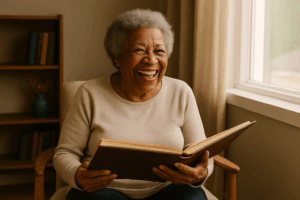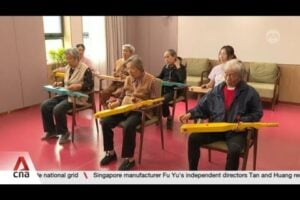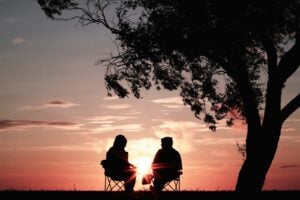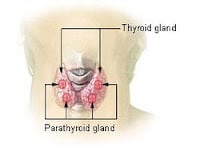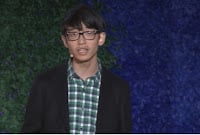A long-term care facility in Taipei has launched Taiwan’s first music therapy school in Taiwan, where award-winning pianists give free lessons to patients with dementia. Studies show that learning to play the piano can help preserve cognitive functions in older adults.
FTV reporter Stephany Yang takes us in for a look.
The teacher patiently gives a lesson on the piano. Beautiful melodies ring through the center. The teacher performs familiar folk songs, encouraging the audience to sing along to tunes such as “The Moon Represents My Heart” and “The Torment of a Flower.”
A total of seventeen pianos were donated to the center, which holds free piano lessons every Wednesday morning.
This first-of-its-kind music school has launched in Taipei, offering free lessons to older adults with dementia and other disabilities.
Teachers include The Juilliard School alumnus Gwhyneth Chen, who is the youngest winner of the Pogorelich International Piano Competition. There’s also Amy Tsai, the chair of the Juilliard Performing Arts Association in Taiwan, and Tsung Pei-ti, the director of the music department at Soochow University.
In addition to providing classical piano courses, the teachers also perform songs and hold karaoke parties.
“This is all for the elders to prevent Alzheimer’s and if they already have Alzheimer’s to maintain where they are now,” Chen says. “By playing the piano, you stimulate the fingertips and it stimulates the corpus callosum in your brain, which connects the right and left brain.”
Tsai noted that the elderly people said they never touched the piano. “They never have this lesson before. Not even their family members. But, actually, when they sit in front of the piano, they are very happy,” Tsai said.
Taiwan is set to become a super-aged society in 2025. Studies have shown that learning to play the piano can help stimulate the brain and delay the progression of dementia.
Chen Wei-ming, of the Taipei Veterans General Hospital, notes there are other ways to encourage older adults besides using medication. Encouraging them to exercise and by interacting with them, one creates learning, which can delay dementia and disability.
Music is important part of that process.
SOURCE:

